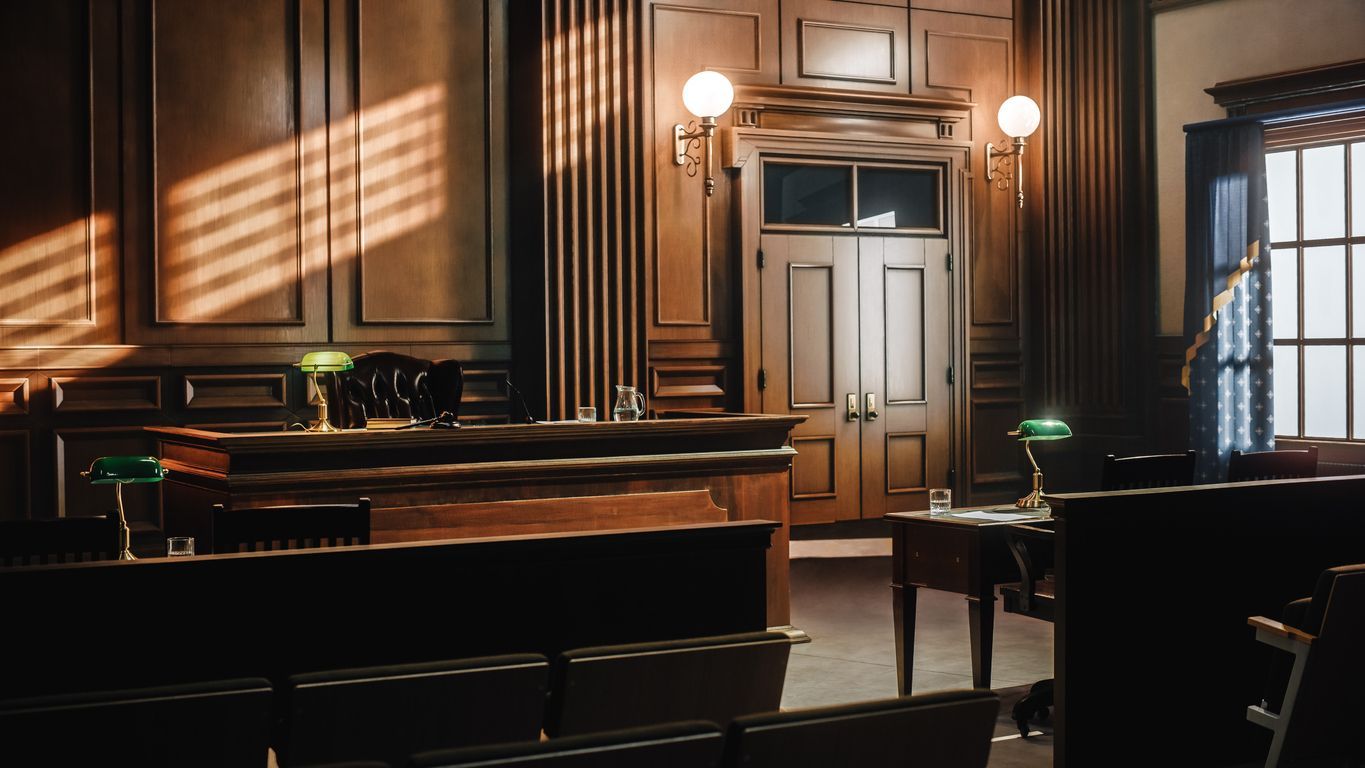Three Common Estate Planning Mistakes
Finder Law Serves Clients Across Jefferson City, Columbia, and Central Missouri
Estate planning can be a complex process that can be overwhelming at first. With the help of a competent attorney, you can get expert help and knowledge about the process to ensure your wishes are followed in the event of your passing.
Here are a few common mistakes you'll want to avoid
1. Failing to Make a Plan
Obviously, the biggest mistake is not creating any documents (like a will or trust) at all. In that case, the court would have full control over your assets. But even if you’ve made a plan, you may inadvertently end up putting your assets in the courts’ control. One way this could happen is because you’ve failed to update your beneficiary list. If the person you previously chose has passed away, your assets will enter probate. Another common error can come from revocable living trusts (RLT). If you create an RLT but fail to transfer some or all of your assets to the trust, those assets will still have to go through the probate process. Probate is both lengthy and costly, so be sure your assets don’t accidentally end up there.
2. Failing to Update the Plan
A second common mistake is not reviewing your estate planning every few years. Sometimes laws have changed that your previous estate plan relied upon. Your estate planning may also need to be updated if you’ve sold or purchased new assets, had another child, or obtained ownership over a property or business. Finally, you may have outdated powers of attorney and/or guardianship designations. If it’s been a few years since you’ve made or updated your estate planning, reach out to an experienced attorney to look over your plan for these possible errors so they can be corrected.
3. Failing to Make a Plan for Complex Assets
Another common mistake is not creating a plan regarding complex assets like businesses or real estate holdings. The ownership of these assets can become increasingly complex in the event of your passing if your heirs do not get along or have different plans about what to do with those holdings. If decisions cannot be made by your heirs, those holdings might have to be sold, which is perhaps not what you would want. In that case, an attorney should be consulted to work through these complex situations to help spot potential problems and come up with workable plans while you’re still around to make those decisions.
Finder Law can help you with your estate planning needs, no matter how complex they may be. Every client comes to us with unique needs, and we will make sure that your final wishes will be executed. As the saying goes, “Dead men can’t sign deeds,” so be sure to hire an experienced estate planning attorney, like Daniel Finder at Finder Law, to make plans for your hard-earned assets.
This blog is for informational purposes only and does not constitute legal advice. For specific guidance, please contact our office directly.












